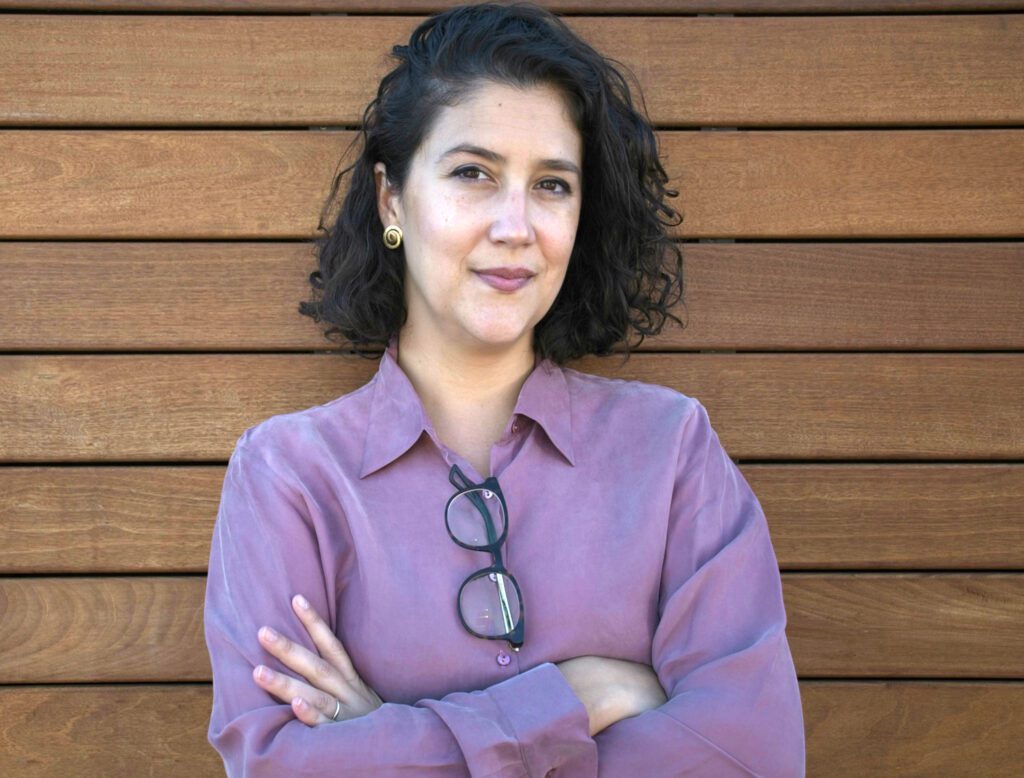This project focuses on creating a 3D printed device to grow a human spinal cord organoid for the study of spinal cord injury and subsequent drug testing. The research, led by IBEC Principal Investigator Zaida Álvarez, has been funded by the International Foundation for Research in Paraplegia.

Zaida Álvarez Pinto, Principal Investigator at the Institute of Bioengineering of Catalonia (IBEC), will lead one of the two projects selected to receive the IRP Research Grant in the 2024 call. This funding is awarded by the International Foundation for Research in Paraplegia (IRP), which aims to support research in the field of paraplegia in Switzerland and worldwide for projects based in Europe. The 2024 call focuses on research projects that seek a cure or treatment for spinal cord injury or paralysis.
The project, which will receive €155,000 in funding, will focus on the development of a custom-made 3D device in which a spinal cord organoid will be cultured and experimentally injured. The device will be used to study the development of spinal cord injury and to evaluate the efficacy of certain drugs for treating human spinal cord injury without the need for animal testing.
We have developed a 3D platform where we grow spinal cord organoids and promote a certain organisation for the organoid to mature. Once we have them, we create a contusive injury that mimics the type of damage suffered by paraplegic patients.
Zaida Álvarez Pinto
“We have developed a 3D platform where we grow spinal cord organoids and promote a certain organisation for the organoid to mature. Once we have them, we create a contusive injury that mimics the type of damage suffered by paraplegic patients,” explains Zaida Álvarez, the project leader.
Thanks to this platform, the research team will be able to study how neural cells behave in this organoid and seek new therapeutic strategies to improve the understanding of spinal cord injury and the development of therapeutic interventions using organoids.
The IRP Foundation was established in Geneva (Switzerland) in 1995 with the mission to provide funds for fundamental and clinical research in the field of paraplegia. Thanks to the support of its donors and partners, the Foundation works day after day to raise funds, select and finance the best research projects, with the help of a specialized Scientific Committee, in order to contribute to improving the lives of people affected by injuries to the spinal cord.
Dr. Zaida Álvarez Pinto completed her PhD in Biomaterials for Brain Injury Repair at UPC/IBEC from 2009-2014. From 2015-2019, she carried out postdoctoral research at the Simpson Querrey Institute for BioNanotechnology at Northwestern University in Chicago. From 2019-2021, she was a Research Assistant Professor at the Feinberg School of Medicine at Northwestern University. Currently, she is the Principal Investigator of the Biomaterials for Neural Regeneration group at IBEC, where her research focuses on elucidating the molecular processes underlying neuronal regeneration and using this knowledge to develop new biomaterial strategies to repair damaged circuits of the central nervous system.





